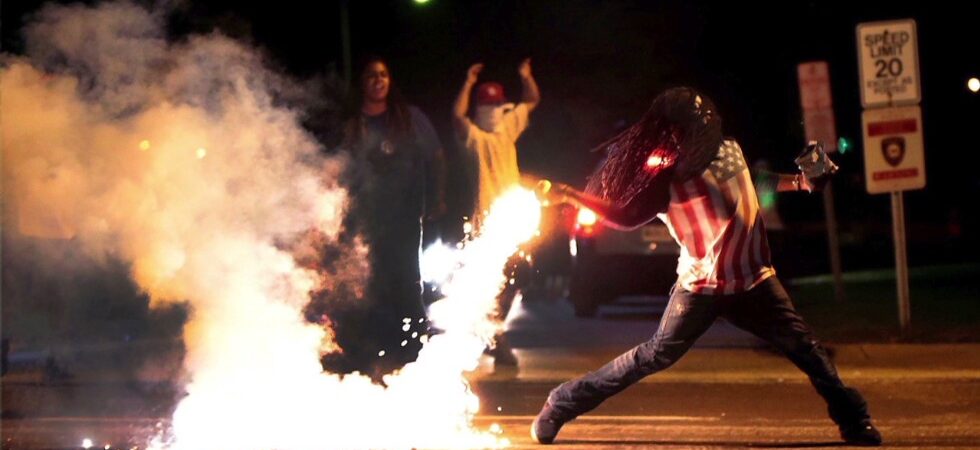Introducing Nepantla
The Inaugural Issue of Nepantla: A Journal Dedicated to Queer Poets of Color launched this morning. Read the Issue here. And join Apogee Journal and Our Word in celebrating tonight at Columbia University, Dodge Hall 413 from 7-9.



